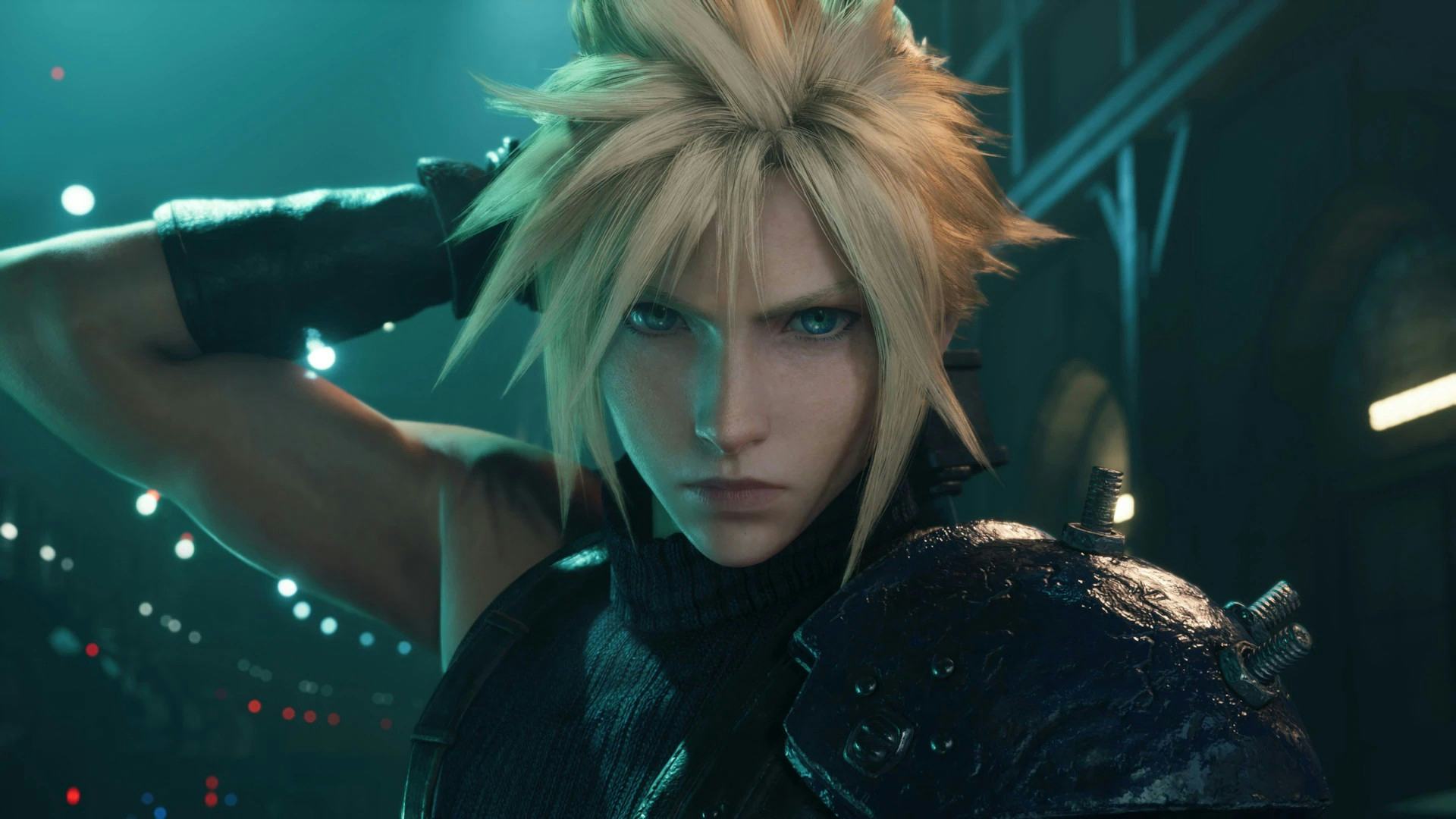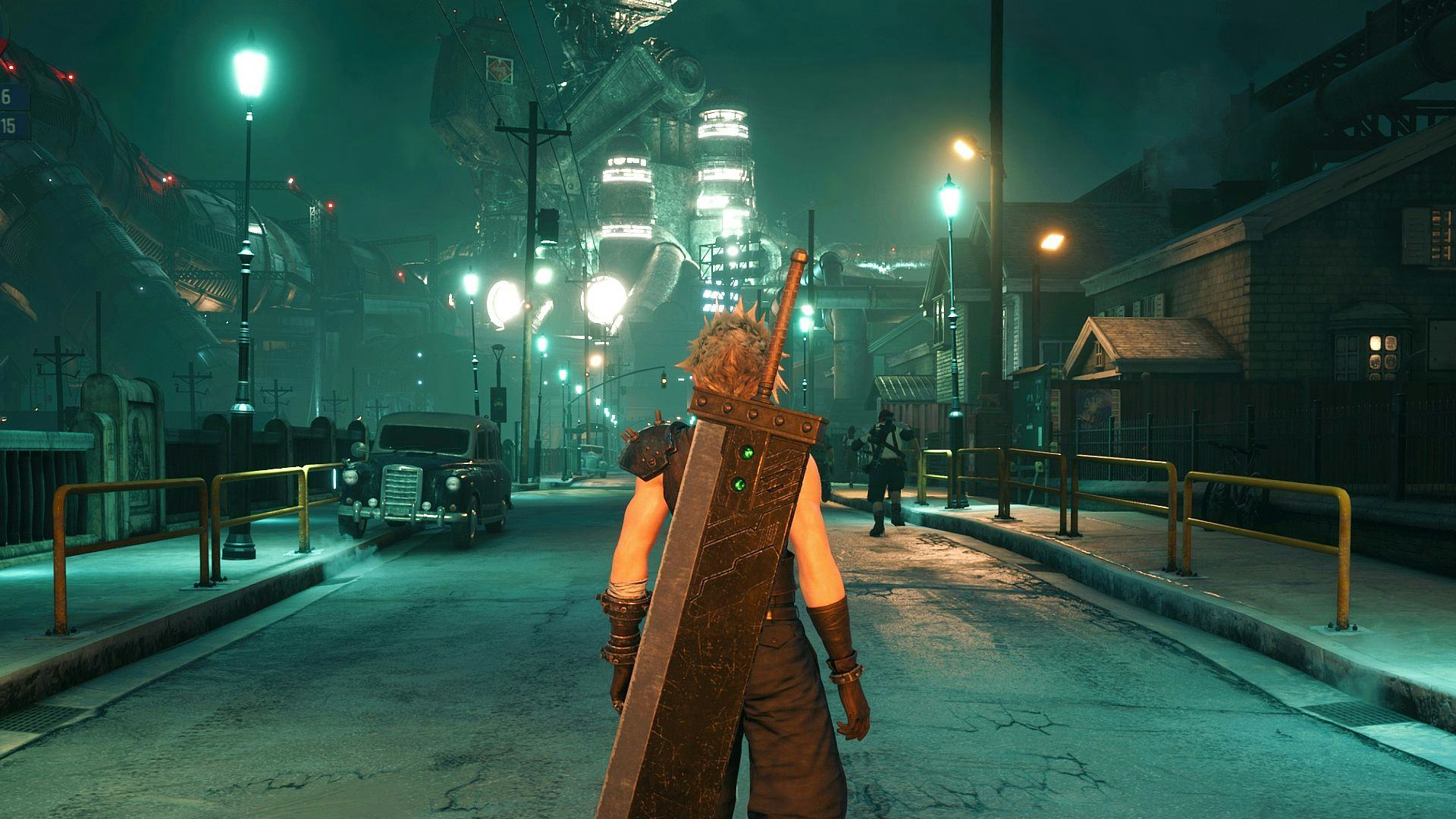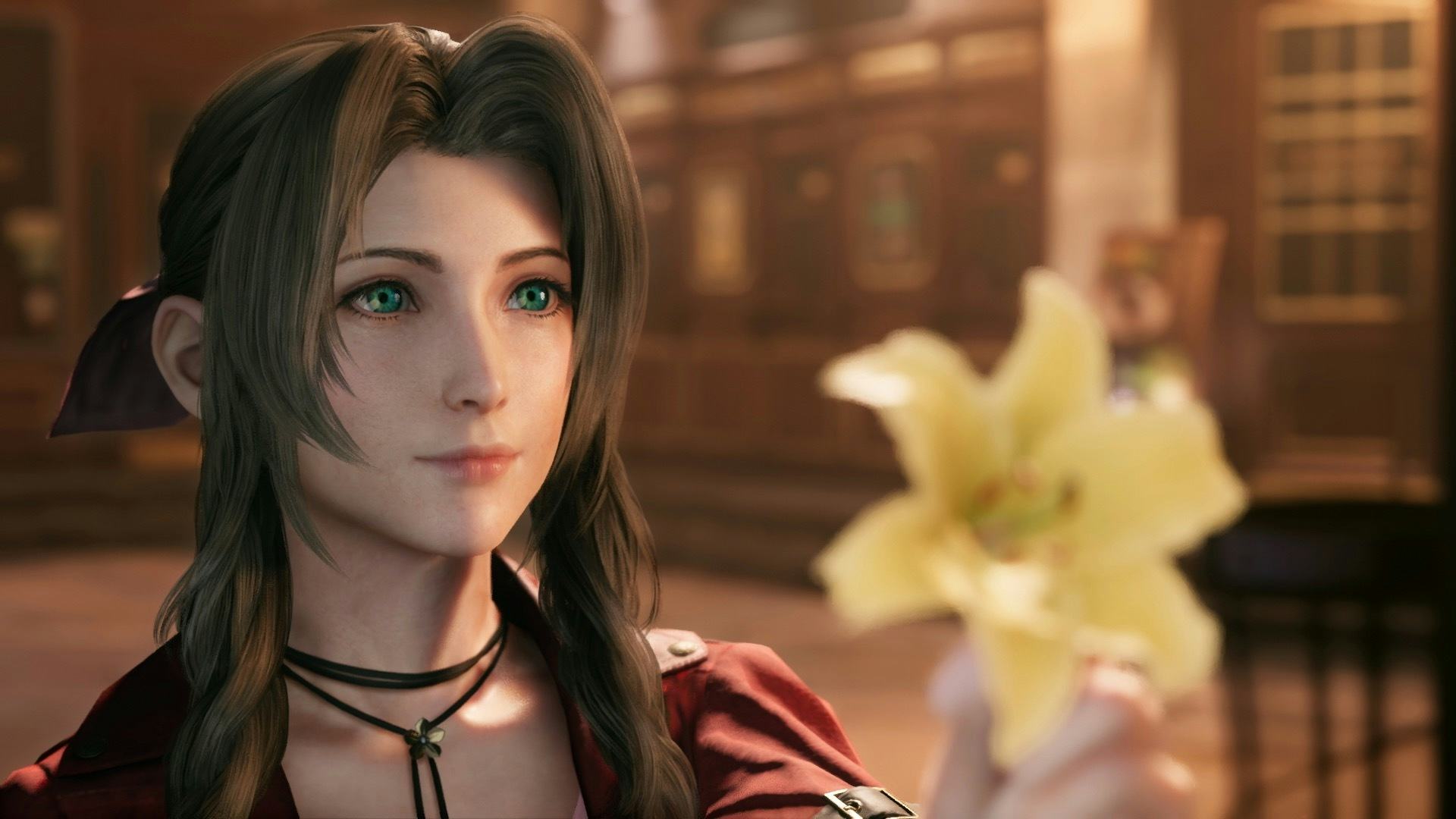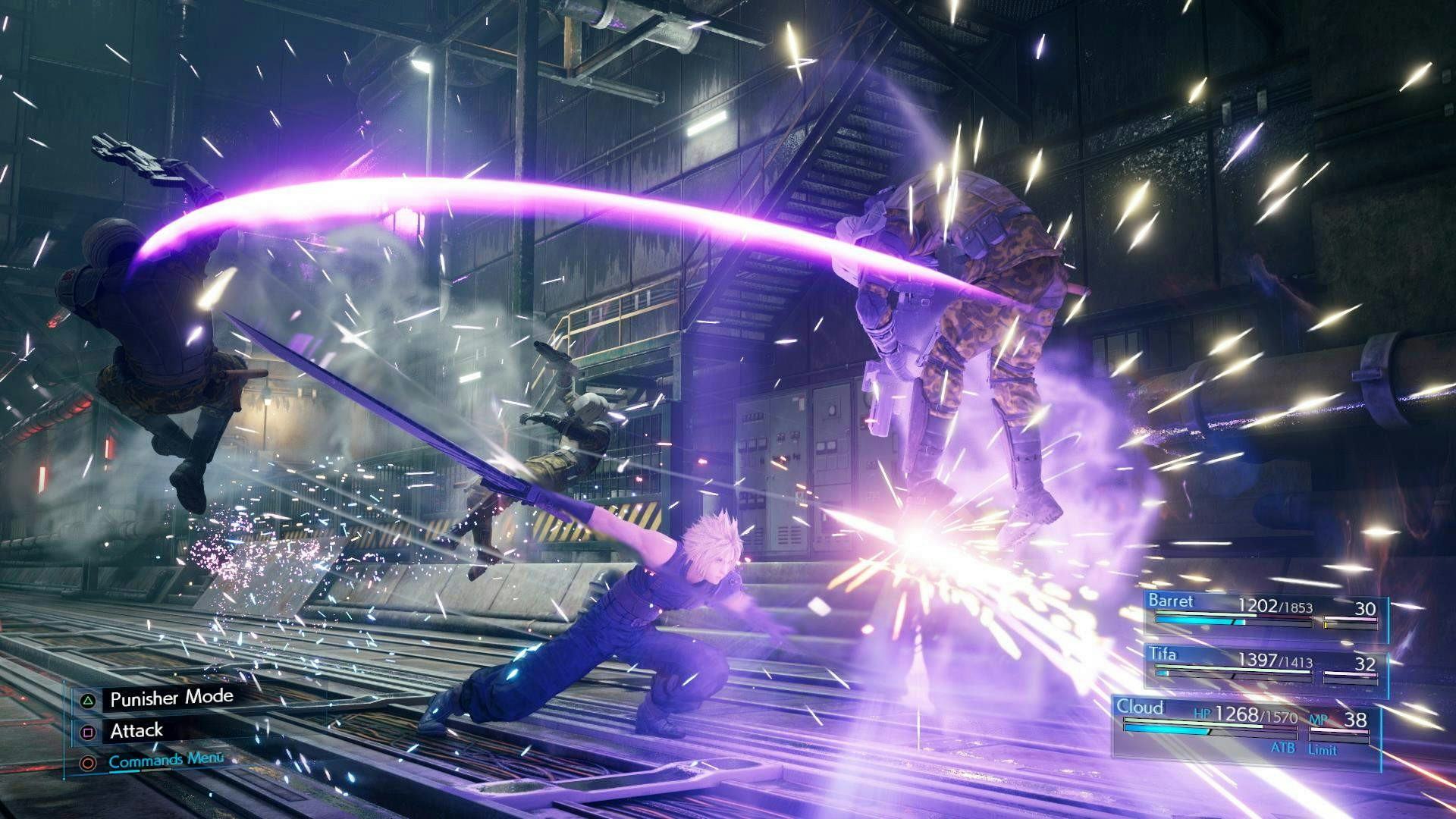
One of those hypothetical questions you hear a lot is “If you could play any video game for the first time again, what would it be?” It’s fun to think about what experiences have felt so enthralling that you’d love to relive them all over. I’d usually put forward something from my childhood that felt like it defined my life or taste in entertainment in some way, but five years ago, my answer to that question drastically changed, with the release of Final Fantasy 7 Remake. Never in my life had I played a game that gave me the exact feeling of bright-eyed wonder I had playing massive RPGs as a child. Square Enix completely flipped the script on the very idea of what a video game remake means, and I’ll never forget the feeling I had playing through Final Fantasy 7 Remake.
The proposition of remaking a game like Final Fantasy 7 is daunting no matter how you look at it — how do you revive one of the most influential RPGs of all time? Some people just want a graphical upgrade with no changes, some want a brand-new experience. There’s no way you’re going to please everyone when remaking a game, but Square Enix decided to take the most ambitious, and simultaneously, most difficult path.

FF7 Remake isn’t just a single game but a trilogy that reimagine the original story with greater depth and complexity, while providing a drastically new and different gameplay experience. When that was announced years ago, there was understandable skepticism, but now in hindsight it seems to have been the right choice — and that’s largely because of the care and consideration put into every single aspect of Remake. Before we talk about that, it needs to be said that the success of the Remake trilogy as a whole will heavily hinge on the success of the third game, currently in development — but as a first chapter Remake wildly succeeds.
Remake’s success hinges on two vital reasons — the richer interpretation of the game’s world and the ingenious combat system.
Remake took a roughly 4-5 hour section of the original game, the opening set in the city of Midgar, and blew it up into an entire game — and miraculously it worked. Every element of Remake is tuned to make the setting feel richer, give a deeper understanding of Shinra’s chokehold over the city’s inhabitants, and a greater look into the main cast’s psyches. All of those aspects dig into the heart of what makes Remake so compelling: a sense of familiarity mixed with the wonder of something new.
For anyone who’s known the characters of Final Fantasy 7 for decades, jumping into Remake feels like pulling a warm blanket out of the dryer. It’s instantly familiar and nostalgic, but there’s a layer of mystery added on top. There are little differences sprinkled throughout the story, new additions to characters’ stories, and even a handful of new characters. It’s like running into your best friend from high school 20 years later, and seeing they’re the same person but learning about everything they’ve done since. Remake masterfully blends the familiar with the unknown.

That same idea applies to the game’s superbly-realized combat system, which breaks new ground while still integrally feeling like the original Final Fantasy 7. There are elements carried over, of course, like the Materia system — but for all intents, Remake’s combat is unlike anything Final Fantasy has ever seen. The new combat system adapts the idea of the Active Time Battle System, gauges that raise as you cause and take damage, but adapts it into white-knuckle action battles. It’s a thrilling system that manages to feel both strategic and impactful, and most importantly, captures the satisfaction of the more turn-based battles of the past. Staggering a boss or exploiting an enemy’s weakness feels satisfying in the same way choosing the right command in the original game swung the battle in your favor. Again, that idea of familiar and nostalgic paired with new and fresh.
That hearkens to the most important factor of Remake, capturing the Final Fantasy series’ spirit of innovation. Part of what’s kept the series going for so long is the fact that each game dares to try something new regardless of what worked before. For example, even coming off the success of Final Fantasy 7, Final Fantasy 8 decided to completely tear things up and try something wildly different with Junctioning and Guardian Forces. Some would argue that the spirit of innovation has been lost over the years, and advancement in both game design and technology certainly makes it harder to do.

But Remake felt like that again — Final Fantasy taking huge swings both narratively and technologically. Midgar is a jaw-droppingly gorgeous location filled with fantastic characters, the battle system felt like a massive leap forward, and the entire game played with the very idea of what it means to be a remake. So much of Remake’s overarching themes toy with the idea of fate and destiny, and so much of the game is a meta-commentary on the expectations weighed upon a project like this.
The ghostly Whispers effect canonical events, forcing the narrative to bend back into its original positions as it starts to deviate — like a ghostly hand of the developers playing with the toybox of Final Fantasy 7. At the heart of Remake is one core question: what’s allowed to be changed and what isn’t. The narrative device of the Whispers feels like a commentary on fan expectations, the legacy of Final Fantasy 7, and the daunting task of trying to do something new with a beloved game.

But by embracing that very question, Final Fantasy 7 Remake did manage to break new ground - and do something do. By questioning what it means to be a remake, the game integrally feels different than anything else in the world of video games. It’s ambitious, bold, and a little messy — and better because it’s all of those things at once.
Going into Remake, I was as skeptical as anyone, but never in my wildest dreams did I think I’d feel like a 7-year-old kid sitting on the living room floor in front of the TV again. No matter how the trilogy ends, Final Fantasy 7 Remake managed to pull off something special — and captured the spirit of Final Fantasy like nothing else has in years.







